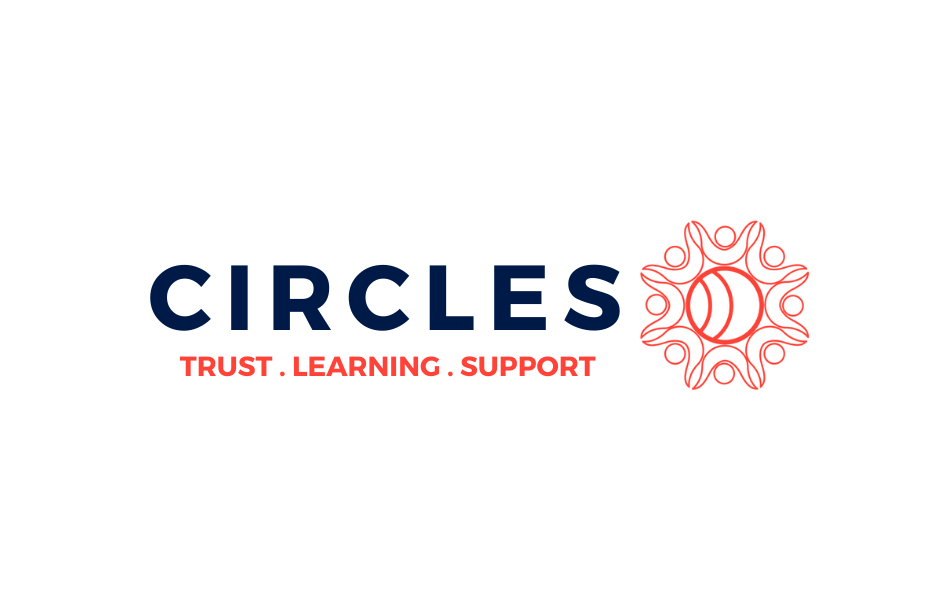An Accessibility Checklist for Virtual Events
Yabsera Faris
Digital Strategist and Membership/Program Coordinator
The Communications Network
The Communications Network is committed to providing a friendly, safe, and welcoming environment for all, regardless of race, national origin, gender, gender identity, sexual orientation, disability, ethnicity, or religion. The goal of this accessibility resource page is to provide information and resources on how to create and maintain an inclusive environment that is accessible to those with disabilities.
Resources
When Non-Disabled People Get Accommodations Who Benefits Things To Think About As We Work Remotely
Why Describe? Audio Describing Your Video Content Makes a World of Difference
Importance of Hiring Black ASL Interpreters:
Is Diversity a Mask for Tokenism in the Field of Sign Language Interpreting?
Dear White Interpreters: A Panel of Deaf Interpreters of Color
Hiring Database:
Deaf and Hard of Hearing (HOH) Access
The Network provided ASL interpreters and remote real-time captioning (CART) for all ComNetworkV Keynote Sessions, Local Panels, and In Conversations.
What is ASL interpreting?
ASL interpreters interpret between two languages - American Sign Language and English for deaf people or people who are hard of hearing. Some interpreters transliterate which means to interpret between English and a type of Sign Language that is more English based.
Interpreters can fall into two categories: simultaneous and consecutive. Simultaneous interpreters, which is most common for conferences, listen and convey the target language at the same time. Consecutive interpreters begin interpreting after the speaker has said/signed a sentence or paragraph. This is used mainly for legal purposes or one-on-one meetings.
Why is providing ASL interpretation important?
The American Disabilities Act (ADA) requires state and local government offices to provide “effective communication with people with hearing, vision and speech disabilities.”
As an employer it can be a vital asset having your hard of hearing or deaf employees reach their full potential when assigning instruction. There can also be a tax credit that can be provided for sign language interpreting related fees.
Providing information through quality information to deaf and hard hearing individuals is a human right. Arranging for sign language interpreters allows for a fuller participation of a greater number of the community.
What is real-time captioning (CART)?
Real-time captioning or Computer Assisted Real-time Translating (CART) is used by deaf or hard of hearing people to follow along with spoken word content as an event occurs. Stenographers or a computer translating software which translates instantly.
Why is providing real-time captioning (CART) important?
CART benefits those who are deaf or hard of hearing, those who process better through reading, and those who prefer the use of a real-time transcript.
We encouraged all attendees and speakers to:
speak clearly and keep their faces visible so that others can see their expressions to increase understanding and access.
remove as many background sounds by muting yourself if you’re not speaking.
Blind or Low Vision Access
We encouraged all speakers to create accessible presentation decks which included:
larger font size (18pt or larger)
simple fonts (sans serif)
uncluttered backgrounds
high contrast between text and background
image descriptions for all images
limited animation and automatic slide transitions
alternative text for images and provide captions or transcripts for videos if possible
We encouraged all speakers to have a digital copy of their presentation deck available in .ppt and .pdf so that people may follow along on their devices and use their own accessibility settings.
We encouraged all speakers to audio-describe their slides.
Please note that no resource is perfect or comprehensive, including this page. We encourage you to look at the resources and make accessibility your organization’s new practices.
Have more ways The Network can be more accessible? Please email Yabsera Faris at yfaris@comnetwork.org.


